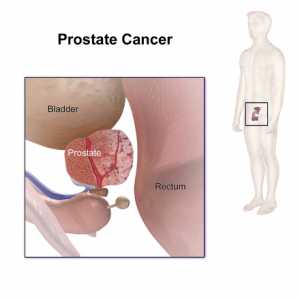Author Interviews, COVID -19 Coronavirus, JAMA / 28.01.2022
COVID-19: Convalescent Plasma Not Uniformly Effective for All Patients
MedicalResearch.com Interview with:
Eva Petkova, PhD
Professor, NYU School of Medicine
Department of Population Health
Division of Biostatistics
Department of Child and Adolescent Psychiatry, New York, NY 10016
Senior Scientist, Nathan Kline Institute of Psychiatric Research, Orangeburg, NY 10962
MedicalResearch.com: What is the background for this study? What are the main findings?
Response: The COMPILE study is based on real-time collection of individual patient data from 8 international completed, terminated early and ongoing randomized clinical trials testing the efficacy of convalescent plasma for the treatment of hospitalized patients with COVID-19. Recruitment covered the period from March 2020 to March 2021 in Asia, Europe, North and South America. Total of 2369 patients were enrolled and data from 2341 patients were used in the analysis. COMPILE, the largest study of convalescent plasma for hospitalized COVID-19 patients to date, provided robust information on a diverse patient population, which allowed rigorous evaluation of questions related to convalescent plasma efficacy.
The main findings are that convalescent plasma might have only a moderate efficacy on average, but that there is a huge heterogeneity in the benefits for individual patients.
(more…)

















 Sean C. Rose, MD
Child Neurology
Nationwide Children’s Hospital
The Ohio State University, Columbus
MedicalResearch.com: What is the background for this study? What are the main findings?
Response: There is conflicting evidence regarding the association between repetitive head impacts during youth contact sports and worse neurocognitive outcomes. Most research has been conducted in older adults, while the research in children is mostly limited to 1-2 sports seasons.
Sean C. Rose, MD
Child Neurology
Nationwide Children’s Hospital
The Ohio State University, Columbus
MedicalResearch.com: What is the background for this study? What are the main findings?
Response: There is conflicting evidence regarding the association between repetitive head impacts during youth contact sports and worse neurocognitive outcomes. Most research has been conducted in older adults, while the research in children is mostly limited to 1-2 sports seasons.


 Shuchi Anand, MD MS (she/her)
Assistant Professor in Medicine
Director, Center for Tubulointerstitial Kidney Disease
Stanford University School of Medicine
MedicalResearch.com: What is the background for this study? What are the main findings?
Response: A majority of people on dialysis who completed vaccination as of September 2021 have had a decline in antibody response to levels that would render them vulnerable to infection. Antibody response immediately after vaccination and circulating antibody response is strongly associated with risk for breakthrough after the initial vaccination series.
Shuchi Anand, MD MS (she/her)
Assistant Professor in Medicine
Director, Center for Tubulointerstitial Kidney Disease
Stanford University School of Medicine
MedicalResearch.com: What is the background for this study? What are the main findings?
Response: A majority of people on dialysis who completed vaccination as of September 2021 have had a decline in antibody response to levels that would render them vulnerable to infection. Antibody response immediately after vaccination and circulating antibody response is strongly associated with risk for breakthrough after the initial vaccination series.











